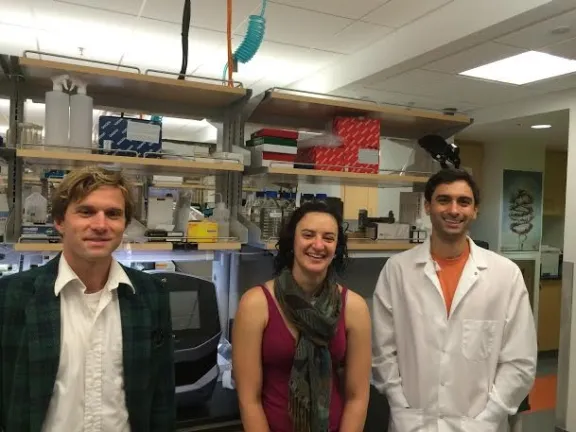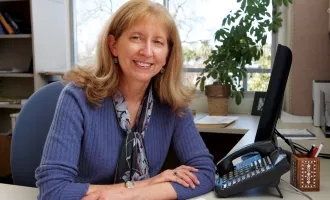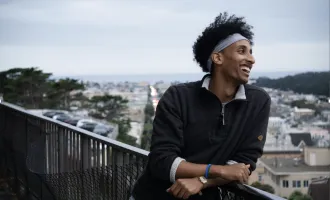
RCO OF THE WEEK: Cell Hackers: UCSF Students attempt to bridge the gap between computation and biology
Programming and analysis of large data sets are becoming more commonplace within research labs, hospitals, and health tech/biotech companies. Often times when a student or professor needs to analyze these data sets, they find themselves either in need of a computational biologist or they have to figure out on their own how to properly analyze the data. When faced with this new and difficult challenge, biologists don’t always know what the best ways are to attack their computational problems.
In the same light, there is and will continually be a great demand for scientists and healthcare workers who understand computer programming and data analysis. The recently launched Cell Hackers Club hopes to create an environment by which all students and faculty can join to learn more about this developing field and share their specific knowledge.
To achieve this goal, Cell Hackers is focused around three core ideas: to bring in local Bay Area companies and professors who use Big Data to answer health and science questions, to create small groups to learn how to analyze data sets, and a club webpage that we hope will facilitate interdisciplinary learning and create a space where collaborations can begin.
Currently, Cell Hackers will have one formal meeting a month in which a company or professor will give a talk on their respective field. So far these companies include Cloudera, Tide Pool, 23 and Me, Illumina, Emerald Therapeutics, and Ion Torrent. After these formal meetings, we plan to break into smaller groups to discuss needs and interests amongst the attendees.
The inaugural Cell Hackers Club meeting will be held on November 13th from 5:30-7:30 at the Mission Bay campus in the Rock Hall Auditorium. Our first featured speaker will be Uri Laserson. Uri is a data scientist at Cloudera who previously received his PhD from MIT developing applications of high-throughput DNA sequencing to immunology. During that time, he co-founded Good Start Genetics, a next-generation diagnostics company focused on genetic carrier screening. In 2012 he was selected to Forbes's list of 30 under 30. His talk will focus on his transition from his PhD into Big Data and how it pertains to Genomics. We will be providing food and refreshments after the talk.
This club was founded by Matthew Donne, Nick Strauli, Melissa McCreery, Bryne Ulmschneider, and Ian Driver out of their own personal interest to learn more about coding as well as their desire to educate other students in learning to code.


